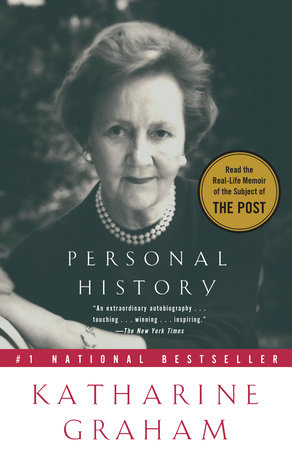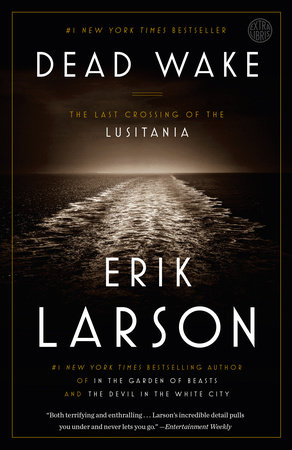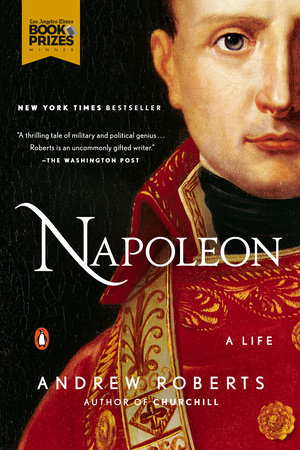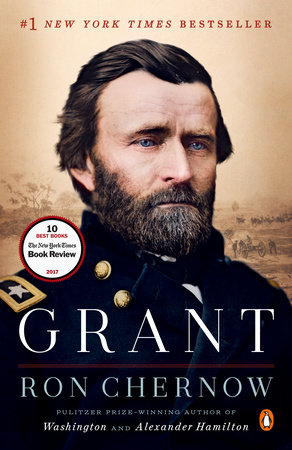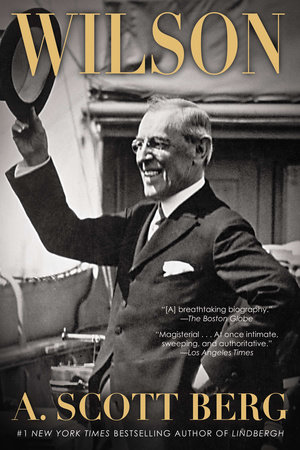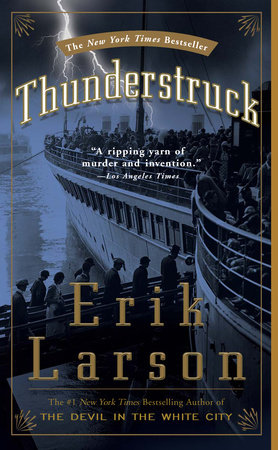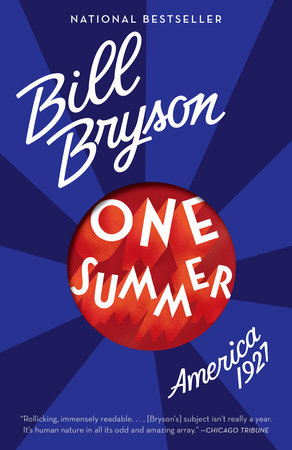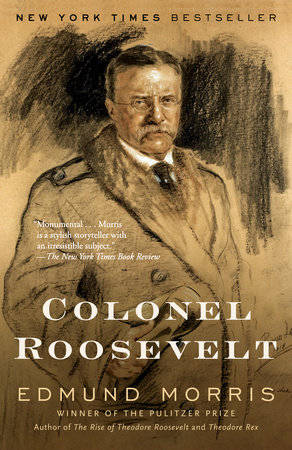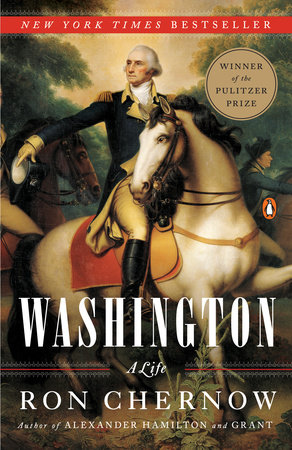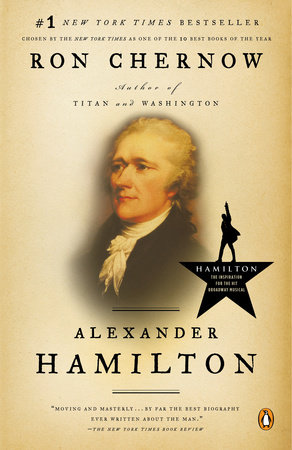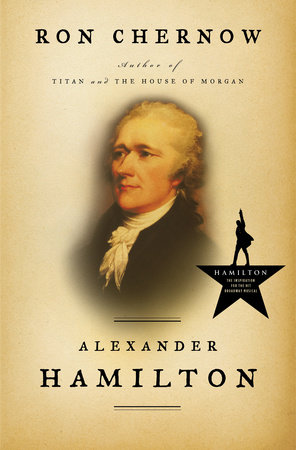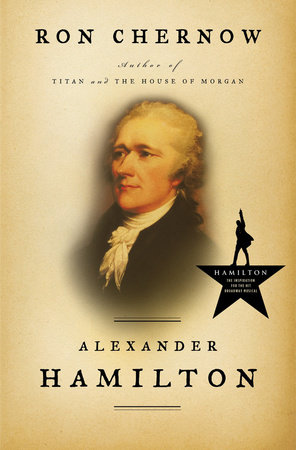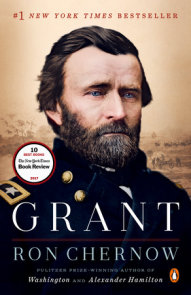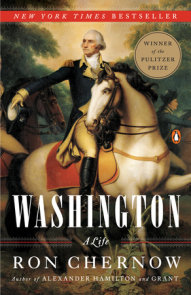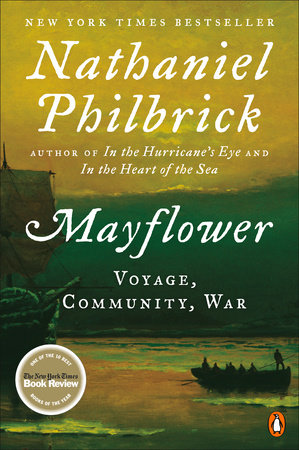Author Q&A
A conversation with Ron Chernow, author of Alexander Hamilton
How is Hamilton the man different in your biography from the one we know from previous biographies or our school history lessons?
Hamilton was such a brilliantly cerebral man—his collected papers alone run to 22,000 pages—that previous biographers have found it hard to capture the flesh-and-blood man. Hamilton was a dashing, witty, romantic figure who had a spectacularly dramatic life—from his murky illegitimate boyhood in the Caribbean to his startling rise to power in the first federal government to his bloody death in a duel with Vice President Aaron Burr. I like to think that I’m the first biographer to merge all this personal drama with a thorough analysis of his political career.
How is Hamilton relevant to today’s America?
In the book, I refer to Hamilton as the messenger from America’s future. Where Jefferson and his followers foresaw a rural nation of small towns and yeomen farmers, Hamilton, in a visionary leap, envisioned something very much like America today: a large, bustling country with big cities, a strong federal government, and an economy dominated by trade, industry, banks, and stock exchanges. If Jefferson came alive today, he would wince with horror while Hamilton would probably smile with recognition.
Which is why you call him a prophet of today’s America. What was it about his character that gave him such foresight?
Hamilton embodied a classic type: the immigrant who comes to America and recreates himself in his adopted country. As an outsider from the Caribbean, cut off from a painful past, he was able to take a broad, continental perspective and see the full advantages of fusing the thirteen states into a powerful nation.
What is the most surprising fact that your research uncovered?
There are many surprises. One surprising strand of Hamilton’s life was his courageous work as an abolitionist. Even as Washington’s chief of staff during the Revolution, he advocated a bold plan for freeing slaves who joined the Continental Army. After the war, he cofounded an abolitionist society in New York and remained active in it for twenty years. The point is vital because Hamilton was portrayed by Jefferson, Madison, and other large Southern slaveholders as a dangerous aristocrat with no sympathy for ordinary people. When you look at this era through the lens of slavery, however, Hamilton begins to look more like the democratic populist and Jefferson and Madison more like the aristocrats.
What is Hamilton’s most important legacy?
For starters, he created the basic building blocks of the U.S. government—the tax system, the budget system, a funded debt, the customs service, the coast guard, and the first central bank. He was the principal architect of the new government, translating the Constitution into a practical reality. Hamilton thought the president and the executive branch should be the principal engine of government whereas his critics thought the House of Representatives should lead the country. Clearly, Hamilton had the last laugh.
What made him stand out from the other Founding Fathers?
Hamilton was the youngest and the most charismatic of the founders, a flamboyant, swashbuckling figure who seemed to thrive on controversy and engaged in titanic feuds with several other founders—notably Jefferson, Madison, Adams, Monroe, and Burr. Whether scaling the ramparts at Yorktown or dashing off polemical articles under a variety of Roman pen names, Hamilton was always a man of action. He was daring as well, with a tendency to tempt fate, as shown by his year-long affair with Maria Reynolds while he was still Treasury Secretary. In comparison, the other founders seem older, more guarded, and circumspect.
Why is Hamilton often perceived as the most controversial or unpopular of the Founding Fathers?
Jefferson and his followers demonized Hamilton, accusing him of plotting to restore the British monarchy or using his Treasury Department post to enrich himself and his friends. There wasn’t a shred of truth to these fantasies, but they were repeated often enough to leave a lasting impression. Perhaps it was inevitable that Hamilton would be villainized as the first Treasury Secretary. After all, he had to collect taxes in a country that had just fought a revolution against unjust taxes and he had to stop smuggling in a country that had glorified this activity as a protest against British rule.
What is most often oversimplified in comparisons of Hamilton and Jefferson and how do you compare them?
Hamilton and Jefferson were very different personalities. Jefferson was courtly and rather shy, shrank from confrontation, and hated public speaking and writing for the press. Hamilton gloried in controversy, could speak extemporaneously for hours, and tossed off five-thousand word memos overnight. The personality clash was only magnified by their momentous political clash. Jefferson thought that the major threat to liberty sprang from too much government while Hamilton thought that only government could safeguard liberty. Jefferson favored states’ rights and a strict construction of the Constitution, while Hamilton believed in a vigorous central government and expansive interpretation of the Constitution.
How would you describe Hamilton’s relationship with Washington?
The two were separated in age by more than twenty years and were quite dissimilar. Washington was tall and reticent and tended to ponder things a long time before acting. Hamilton was ever the boy genius, witty, sociable, and bubbling with ideas. They formed a perfect political combination, however. Washington had the stature, the sterling patriotism and unerring political tact. Though a bit of a loose cannon, Hamilton was possibly the greatest policymaker in our history and forged programs that Washington alone could never have created. Their relationship is sometimes portrayed as one of father and son, but there was more mutual respect than real affection.
Did you set out to present a positive portrait of Hamilton, or something else?
I always felt that Hamilton had been grossly underrated and misunderstood and that he was the founder most overlooked in recent years. On the other hand, I knew that he was a flawed figure and so I wanted to understand his terrible errors as well as his shining triumphs. How could someone so smart have risked his marriage and career during his affair with Maria Reynolds and paid blackmail money to her husband? And why did he write his infamous ‘open letter’ to President Adams during the 1800 election, which not only vilified the president but doomed Hamilton’s own political future?
Why did Hamilton never make a serious bid to run for President?
Part of the answer is that Hamilton’s turn never came up in the rotation. Washington, Adams, and Jefferson were the more senior figures from the Revolution and were bound to precede him. And Hamilton was always better at policy than politics. He was too outspoken and provocative and had too dark a vision to be a popular candidate. He also had a remarkable flair for making enemies as well as friends. For many years, he was also effectively blackmailed by the Jeffersonians, who knew all about the Reynolds affair and threatened to reveal it if he ran for president.
How did his flaws work against him?
In promoting his ideas, Hamilton didn’t mince words or suffer fools gladly and stirred up a great deal of controversy. He wasn’t cut out for compromise—and that was both his strength and weakness. Hamilton was always portrayed by his foes as an arch-intriguer. In fact, he was indiscreet to the point of recklessness.
What made you think that Hamilton was aware of Jefferson’s affair with Sally Hemings?
I discovered nearly fifty new articles and essays written by Hamilton. One was an essay series written during the 1796 election under the pen name “Phocion.” Hamilton was doing everything that he could to prevent Jefferson from becoming president. In one Phocion essay, he mocked Jefferson’s racist views as well as his dread of what would happen if slaves were freed and intermingled with whites. In what seems a clear reference to Sally Hemings, Hamilton says that Mr. Jefferson surely knew from personal experience about the ‘staining of blood’ that took place between masters and slaves while the latter were still in bondage.
How did Hamilton’s reputation survive his affair with Maria Reynolds?
Hamilton confessed to the affair because he wanted to prove that the money he had paid to her husband, James Reynolds, was blackmail money arising from adultery and not money secretly given to Mr. Reynolds to speculate in government securities. Oddly, Hamilton published a 95-page pamphlet about the affair, describing it in almost novelistic detail. As with President Clinton and Monica Lewinsky, some people defended Hamilton by saying that his tarnished private morality didn’t detract from his public record. But even staunch friends believed that a couple of well-chosen paragraphs would have neatly done the trick. The needlessly long pamphlet made people question Hamilton’s judgment.
Today, Hamilton’s death in a duel seems strange. How unusual was it at that time?
Duels were then commonplace, especially among politicians, military men and self-styled aristocrats. Where people today would sue for libel, many politicians at the time issued challenges to duels. Usually they didn’t want to blow their adversary’s brains out. Disputes were often resolved before the duel or sometimes on the dueling ground itself. Very often, one duelist would simply wound the other; the two men would then shake hands and consider the dispute settled. If you killed somebody, you might be accused of murder. Aaron Burr was actually indicted for murder in New York and New Jersey for shooting Hamilton, although he was never tried.
What mysteries about Hamilton are left unsolved?
Profound mysteries still surround his eighteen years in the Caribbean. I have reconstructed far more of his harrowing childhood on the slave islands of Nevis and St. Croix than any previous biographer. I located the cell in St. Croix where Hamilton’s mother was imprisoned for adultery during an early marriage. I tracked down Hamilton’s estranged father on the tiny island of Bequia (pronounced Beck-way) in the Grenadines near St. Vincent. But I would love to know more about Hamilton’s boyhood and how this self-created genius emerged from such a bleak, impoverished background.
We often hear about Martha Washington, Abigail Adams, and Dolley Madison. How come we never hear about Hamilton’s wife?
Elizabeth Hamilton was an exceptional woman who outlived her husband by fifty years. She died at age 97 in 1854, nearly on the eve of the Civil War. She not only brought up seven children alone but founded and ran New York’s first orphan asylum for almost thirty years. The reason we know so little about her is because she heroically preserved her husband’s papers, but burned her own letters to her husband. Nonetheless, I discovered many of her later letters and have tried to resurrect this Founding Mother.
Why did Hamilton and John Adams become sworn enemies?
A generation older than Hamilton, John Adams was already a leader of the Continental Congress when Hamilton was still an undergraduate. Since he believed that he was the superior figure, Adams felt envious and demeaned when Hamilton became far more influential in Washington’s administration. Adams came to regard Hamilton as a conceited upstart who plotted to deny him the presidency. When Adams became president, he inherited Washington’s cabinet and imagined that Hamilton—then a lawyer in New York—secretly controlled his cabinet. Hamilton resented his exclusion from the Adams administration and was inflamed by repeated reports that Adams was calling him a bastard.
Why did Burr challenge Hamilton to a duel?
In many ways, Hamilton and Burr led parallel lives. Both had been heroic young colonels in the Revolutionary War. They had started their legal careers in Manhattan at the same time, lived on the same street, and often argued against each other in court. But they ultimately became fierce political rivalries and Hamilton blocked Burr’s ambitions at several pivotal moments. During the famous presidential tie election of 1800, Hamilton successfully worked for Jefferson against Burr. Hamilton then campaigned against Burr when the latter ran and lost for New York governor in 1804. Burr finally decided that New York State was not large enough to hold both Alexander Hamilton and Aaron Burr, so he issued the challenge to a duel in Weehawken, New Jersey. The 200th anniversary of the famous duel will be celebrated on July 11, 2004.



